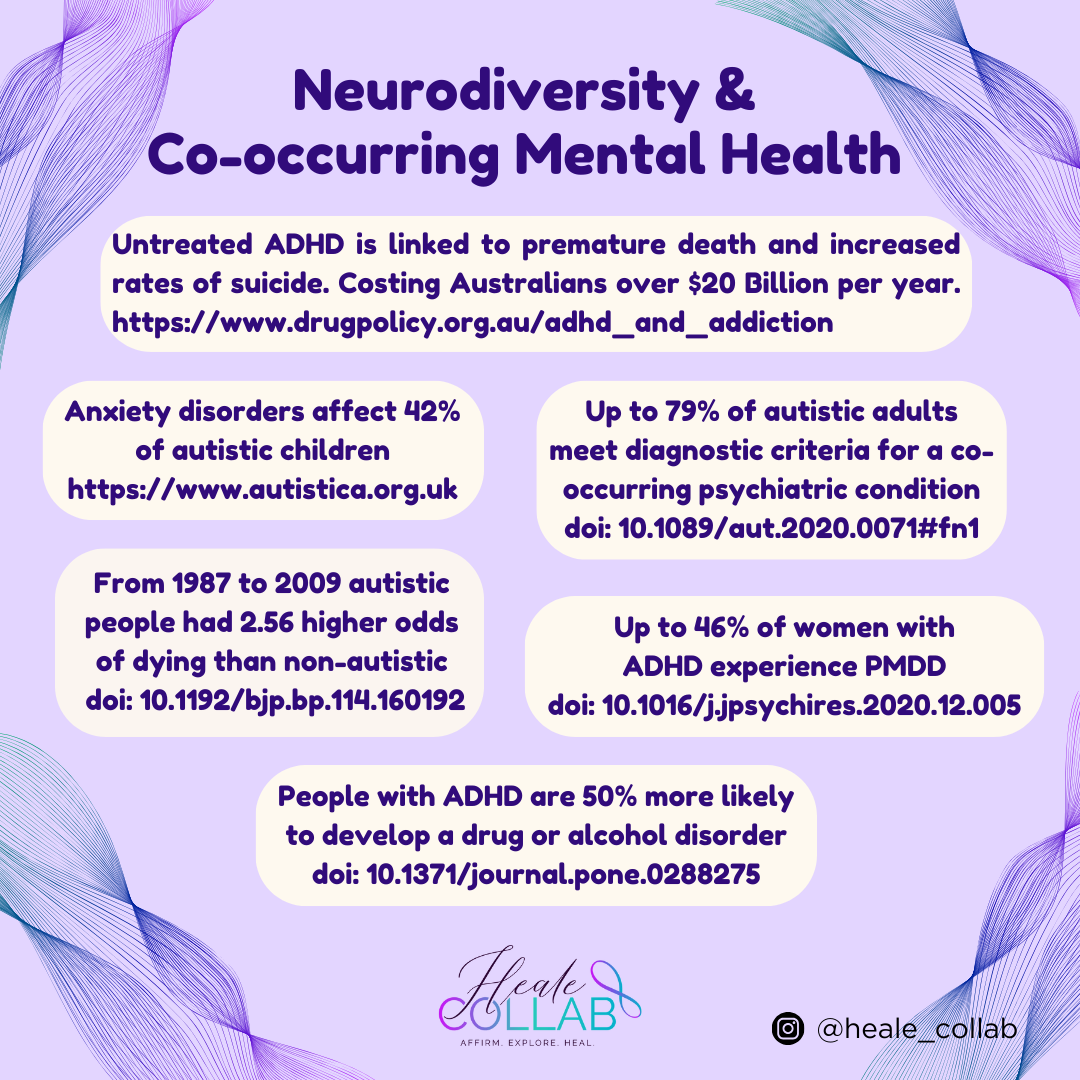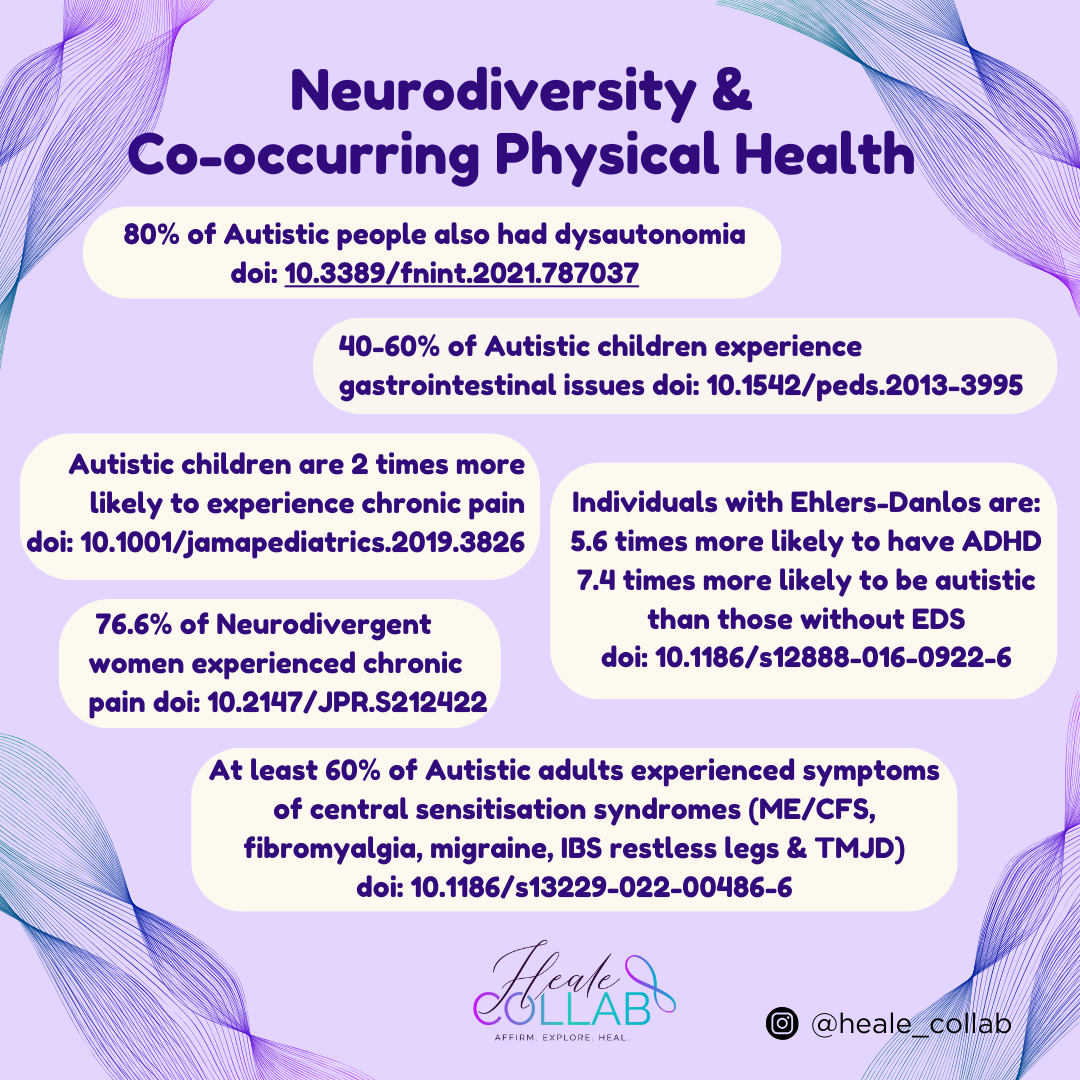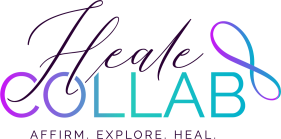Types of Neurodivergence
ABOUT NEURODIVERGENCE
The term neurodivergent encompasses a variety differences in thought processing, these differences can be innate or acquired. Over the period of an individual’s life they may experience multiple neurodivergent conditions.
Innate neurodivergence includes conditions that an individual is born and and can include differences in communication, social skills, behaviour, and emotional regulation, and differences in the application of skills such as gross motor control, number concepts, and reading. Including Autism, ADHD, Intellectual Disability, Dyscalculia and Dyslexia.
Acquired neurodivergence means that someone has developed changes to their cognition and behaviour within their lifetime. These neurodivergent conditions may improve or deteriorate with time and incorporates a range of medical and mental health conditions including OCD, PTSD, Bipolar, Stroke and Acquired Brain Injuries (ABI).
TYPES OF NEURODIVERGENCE
Tourette Syndrome Association of Australia
The purpose of the Association is to support people with Tourette Syndrome and increase awareness of the disability among medical practitioners, public utilities and the general public.
Providing evidence-informed advice, direction and support to families, teachers, schools and specialists wishing to gain an insight into how children and adults learn best. It includes information about specific learning disorder with impairment in reading (dyslexia), specific learning disorder with impairment in written expression, and specific learning disorder with impairment in mathematics (dyscalculia).
Australian Dyslexia Association
Concerned with the wellbeing, identification and education of those with dyslexia and related differences and challenges.
The place to find all different resources for dealing with Obsessive Compulsive Disorder (OCD).
Giftedness & Twice Exceptional
Gifted individuals may exhibit high potential within particular domains of giftedness such as social, creative, physical and intellectual. Twice-exceptional young people are those who are gifted and have a learning disability. An exploration of twice-exceptionality requires an understanding of both giftedness and disability. You can find out more from The Australian Association for the Education of the Gifted and Talented (AAEGT), a national organisation committed to furthering the education and wellbeing of gifted students.
Inclusion Australia is the national voice for people with intellectual disability and their families. Here you can learn more about intellectual disability and find resources for people with an intellectual disability, families and others.
The peak national, not-for-profit organisation, supporting everyone affected by bipolar disorders, including people with the condition, their families and carers, mental health services and professionals.
Personality disorder is a name used to describe a pattern of traits that affect people’s inner experiences, behaviours and relationships. Personality traits are ‘disordered’ when they become extreme, inflexible, and maladaptive. The Project Air Strategy for Personality disorders is a leader in research, education and treatment of personality disorders. You can access a free e-learning program called Project Air Carers that is designed for families, partners, friends and others supporting a loved one with personality disorder, along with other helpful resources.
SENSORY DIFFERENCES
Shaping a new, global conversation on the power of image-free thinking. We’re creating a place to discover and learn about aphantasia. People with aphantasia can’t create a mental image. Not of familiar objects, people, or places. Not for thoughts, memories, or images of the future.
Dedicated to adults with Sensory Processing Disorder (SPD) which is a unique spectrum of disorders impacting the way a person receives, integrates, or ‘processes’ incoming sensory information. Most Autistic people have some form of Sensory Processing Disorder.
Hyperacusis is the phenomenon where typical sounds cause pain, and it is present in about 40% of autistics. This article from Embrace Autism explains more.
A neurological disorder characterised by an intense emotional and physiological reaction to specific sounds, wherein certain everyday sounds can trigger extreme emotional responses such as anger, anxiety, and distress. Read more about it in this article from Reframing Autism.
Where you can about Synesthesia and discover the different types of synesthesia. Synesthesia is when an individual experiences a blending of the senses, such as seeing sounds or tasting colors.
Sensory profiles (or sensory checklists) are incredibly powerful tools to help adults and young people to identify what sensations they make seek or avoid (or not notice) and what can be done about it. Here is a tool based on NHS criteria and advice to help explore sensory type behaviours.
TRAUMA
Information and support for anyone who is affected by complex trauma. Complex trauma is repeated, ongoing, and often extreme interpersonal trauma (between people) – violence, abuse, neglect or exploitation experienced as a child, young person and adult.
Researcher-storyteller. Neurodiversity advocate. Here to share the emerging science of trauma, neurology, relationships, and community.
International Society for the Study of Trauma and Dissociation
ISSTD seeks to advance clinical, scientific, and societal understanding about the prevalence and consequences of chronic trauma and dissociation. It is an international non-profit, professional association organized to develop and promote comprehensive, clinically-effective and empirically-based resources and responses to trauma and dissociation and to address its relevance to other theoretical constructs.
If you want to learn more about trauma, dissociation and recovery – either for yourself or to help others – then this is the place for you.
Considering the links between Neurodiversity, Bullying, and CPTSD. The foundation also runs programs are trauma-informed, which means each one is developed and facilitated through the lens of understanding what survivors need to help feel supported and encouraged as they navigate every day life. No invalidation, no judgment, no shame.
The latest resources, guidelines, supports and services designed to help you understand, prevent and recover from the impacts of trauma, and to support trauma-impacted loved ones or communities.


Acknowledgment of Country
Heale Collab acknowledges the Bunurong people of the Kulin Nation who are the Traditional Owners of the lands on which we work and learn. The Bunurong people always have and always will belong to the Werribee Yalook (river), stars, hills and red clay of this Country. We recognise their continued connection and role caring for Country over thousands of generations. We pay respect to their Elders past and present who continue to preserve and protect Country, culture and community.
